Nutmeg is a fragrant addition to food, bringing a little kick of warmth and curious complexity that, once tasted in a dish, can’t be done without. Native to Moluccas (Spice Islands) of Indonesia, nutmeg is a yellow fruit, similar in size and appearance to an apricot or plum.
This fruit produces two types of spice: nutmeg and mace. The seed inside the fruit is covered with red cell membranes, which is where mace spice comes from. As the seed matures, the nutmeg seed splits from the mace. It is then dried for several days or even weeks, until the nutmeg rattles inside the shell, which indicates that it’s ready to be extracted.
Ground nutmeg loses flavor quickly, so it’s best to grind whole nutmegs when needed using a pepper mill, food processor or mortar and pestle. Freshly ground nutmeg is best added just before your dish finishes cooking to prevent the heat from diminishing its flavor.
Nutmeg is commonly used in desserts such as apple or pumpkin pie. It can also be added into various beverages, such as chai and eggnog, or used as a spice for creamy or cheesy dishes. Nutmeg is also a common ingredient in spice blends, including pumpkin spice mix, garam masala or curry.
Health Benefits of Nutmeg
Nutmeg is packed with numerous vitamins and minerals, one of which is manganese, which plays a role in various processes in the body, from blood clotting and metabolism of carbs to bone formation and immune function. It may also help protect your cells against free radical damage.
Nutmeg contains copper, an essential mineral that’s a cofactor of the enzymes responsible for energy production, neurotransmitter and connective tissue production, iron metabolism and neuropeptide activation. Additionally, nutmeg provides your body with potassium, which may help lower the risk for cardiovascular disease, and iron, a necessary nutrient for red blood cell production.
Other notable nutrients in nutmeg include vitamins A and C, folate, riboflavin, niacin and the flavonoid antioxidants beta-carotene and cryptoxanthin. Nutmeg also contains 34 potent volatile oils, including myristicin, trimyristin, safrole, pinene, camphene, sabinene, terpineol, eugenol and limonene.
Altogether, these compounds provide a number of pharmacological properties, such as antifungal, anti-inflammatory, carminative, stomachic and hypolipidemic actions, to name a few. To learn more about the nutritional content of nutmeg, check out the table below:
| Nutmeg Nutrition Facts
Serving Size: 3.5 ounces (100 grams), ground |
||
| Amt. Per Serving |
||
| Calories | 525 | |
| Total Fat | 36.31 g | |
| Saturated Fat | 25.94 g | |
| Trans Fat | ||
| Cholesterol | 0 mg | |
| Sodium | 16 mg | |
| Total Carbohydrates | 49.29 g | |
| Dietary Fiber | 20.8 g | |
| Sugar | 2.99 g | |
| Protein | 5.84 g | |
| Vitamin A5 mcg | Vitamin C | 3 mg |
| Calcium184 mg | Iron | 3.04 mg |
Studies on Nutmeg
One study published in the Journal of the Medical Association of Thailand found that the methanol extracts of nutmeg may help inhibit proliferation of human leukemia cell line, as well as induce cell apoptosis, although the mechanisms causing these actions are not clear.
In another study published in Evidence-Based Complementary and Alternative Medicine, researchers evaluated nutmeg’s antibacterial potential against three types of streptococcus bacteria. The results highlighted the potential effect of ethanol extracts from nutmeg as a natural agent that can be incorporated in oral care products.
Nutmeg Fun Facts
The word “nutmeg” comes from the Latin terms nux and muscat, which translate to nut and musky, respectively. This spice is believed to be discovered in the 1st century A.D., when the Roman author Pliny described a tree that bears a fruit with two different flavors.
During the 1600s, the Dutch held complete control over nutmeg production after taking over the Banda Islands in Indonesia and trading Manhattan to the British. Their monopoly ended when a Frenchman transported nutmeg seedlings into Mauritius, where they flourished and eventually spread to other countries, including Singapore, India, Sri Lanka and Grenada.
Summary
Nutmeg was prized in ancient times for its culinary and medicinal uses; a sought-after spice that launched a thousand ships. Nowadays, it’s commonly sprinkled over beverages like eggnog or added into fall desserts like pumpkin pie. It can also be used to add a kick of flavor to pasta, veggies and sauces.
In spite of its time-intensive harvesting process, nutmeg imparts an incredible array of nutrients such as manganese, copper and magnesium, as well as antioxidants and volatile oils that may help improve your digestive function, fight against inflammation and reduce the risk for fungal or microbial infections.

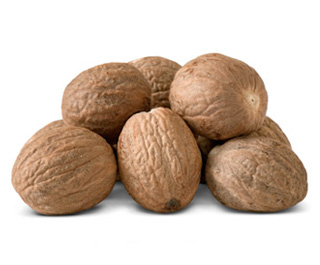
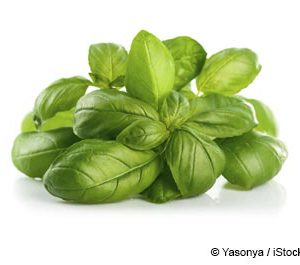
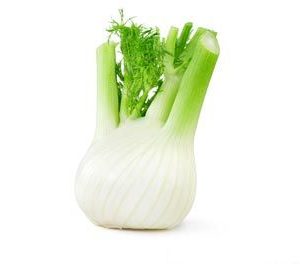
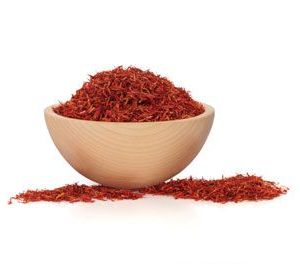
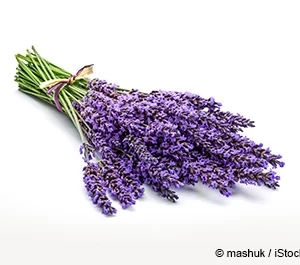
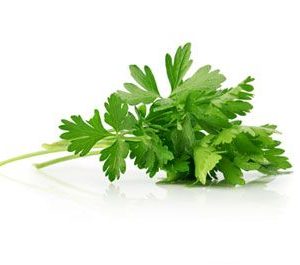
Reviews
There are no reviews yet.